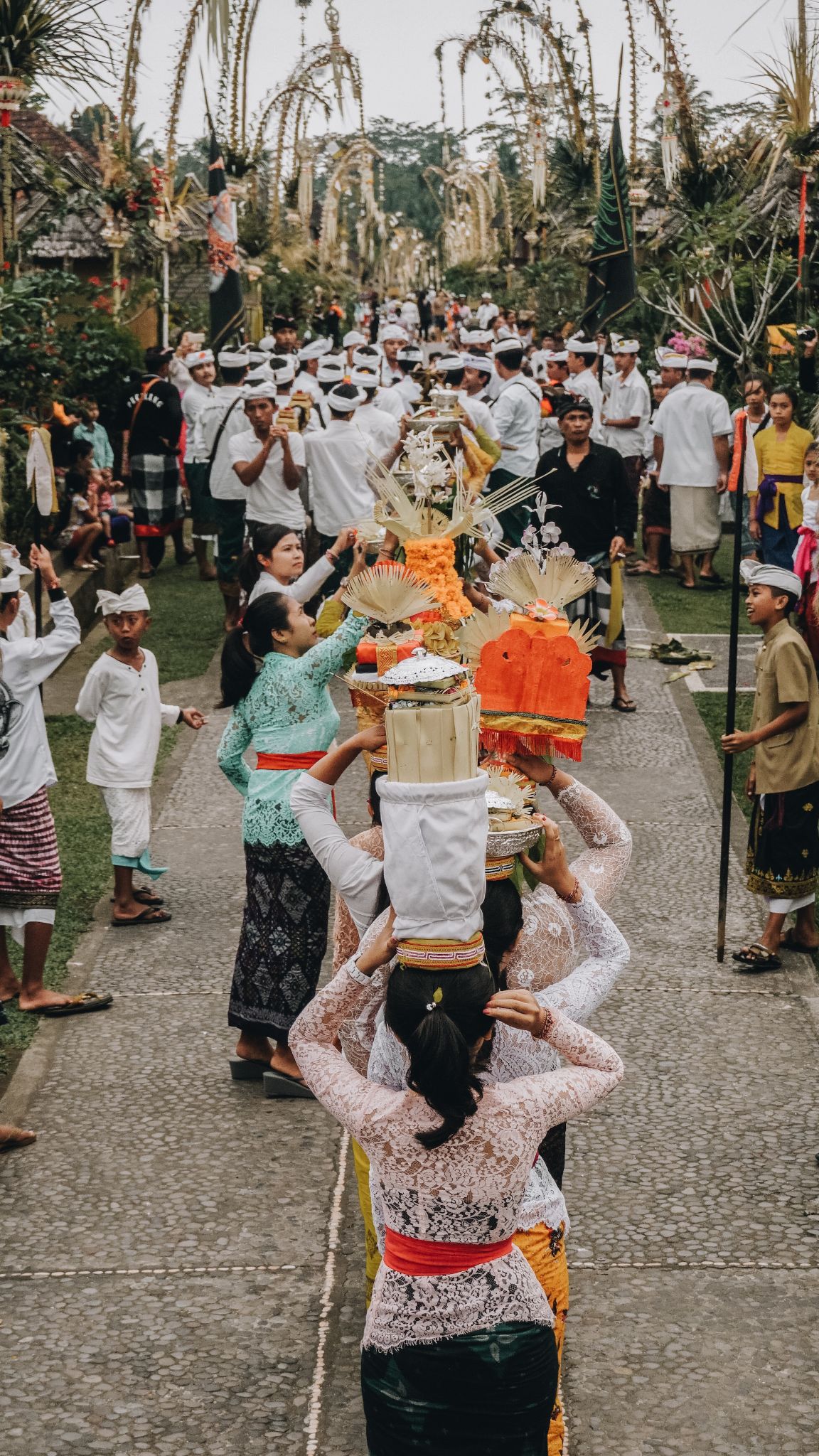What is My Cultural Heritage and Why is it Important?
In this article we are going to be looking at the topic of cultural heritage, what is it and why is it important to us? There are many different cultures around the world each with their own heritage, beliefs and traditions. So let's help you try and reclaim or embrace your cultural heritage by reading on.
What Is Cultural Heritage?
A person's cultural heritage is something that is passed down to them through generations of family. Unlike with the other inherited component we receive from ancestors, DNA, cultural heritage is more of a concept that can be accepted or rejected.

Aspects such as religion, ethnicity, language and traditions all combine to build our cultural heritage. When we know a lot about our family history we may know where our heritage comes from and may even have practiced the religions and traditions associated with our heritage. However sometimes cultural heritage does not pass down to the next generation for various regions and can quickly become lost.
I Don’t Know My Cultural Heritage
Not being connected to your cultural heritage is not a bad thing; it can easily happen often through a family's assimilation into a new home country. Many Americans for example have lost touch with their immigrant cultural heritages as they assimilate into a new land and laws.
Individuals can get cut off from their heritage through estrangement or ostracization from their family group. This of course can happen for many reasons which often may be beyond your control. The very activity of researching your family can open the door for you to reclaim your cultural heritage.
Discovering Your Cultural Heritage
Cultural Heritage is often attached to certain geographical regions and the religions from that country. As part of our research into family history we may find we have immigrant ancestors from many different countries. This obviously may lead you to question what your cultural heritage actually is.
As an example someone who identifies as Irish American may discover ancestors who have migrated from Germany and Switzerland as well. Their DNA lists their results with over 60% Irish DNA and their most recent immigrant ancestors came from Ireland.

Technically this person is indeed Irish American but they also have other European connections. They could focus on their Irish ancestry and embrace their cultural heritage from that region or they could also explore some of their other roots as well. In this case it’s a personal choice.
Use DNA
DNA is a great tool to help us determine our cultural heritage because even if we are adopted it can tell us something about our ancestors. Using an ethnicity estimate you might discover a specific region that you have ancestry from.
In a world where we have the internet at our fingertips it does not take a lot of searching to find out about the culture of a different country. It is also not a stretch to assume that some of those cultural elements may have played a part in your ancestors' daily life.
Create Your Own Culture
At the risk of being brutally honest sometimes cultural heritage is relinquished deliberately because aspects of it may be against your personal beliefs and traditions. You may discover you have heritage from a region with a culture and belief system that does not fit who you are.
So although you may know what your cultural heritage should be there is nothing stopping you creating your own. You can take your personal beliefs and live your life in your way. Passing these down to your children and other generations is also possible and perhaps they will embrace them or maybe even integrate what you gave them into the things they have learned and believe in.
Merge Your Heritages
A connection to our past is important but sometimes the history of our family may not be the most wholesome. Cultural heritage can be a fluid concept and has proven to be so historically. Countless nations and regions around the world and throughout history have seen occupation by empires and other nations. The aspects of traditions have merged in many places and this can happen today as well.

If you have multiple cultural heritages in your family history you can create your own interpretation that fuses the best aspects of them all. You may also marry someone of a different cultural heritage and choose to raise your children with aspects of both in their lives.
Research Your Cultural Heritage
When you are trying to reclaim the cultural heritage you have lost in your life it is important to research the aspects of it. You can learn about the beliefs, history, traditions and foods of a culture very easily. You may make changes to adapt to your ancestral culture, perhaps removing certain things from your diet.
You may find yourself looking into the traditional religion of your culture and considering reentering the faith. There are so many aspects that you might consider but the important thing is to embrace what makes you feel connected.
Why Is Cultural Heritage Important?
So now we come to the final question: why is cultural heritage important? The genealogical answer is that through our cultural heritage we may discover some things we did not know about our ancestors and how they lived their lives.
When it comes to our own identity as a person, cultural heritage has different levels of importance. Some of them feel deeply connected to it and choose to celebrate and indulge in the culture. Others may not feel the connection and only have an academic interest.
Cultural heritage gives a sense of unity with a community of people who share the same roots and some of which may even be distant cousins. Ultimately though the importance of cultural heritage is a personal choice and how you choose to celebrate is also up to you.
Final Thoughts
Our ancestors may have come from thousands of miles away from where we live now and the cultural heritage they celebrated may have gone from our everyday life. Through genealogy we can not only learn who those ancestors were but also about the traditions and beliefs they held.
In learning about our cultural heritage through our ancestors we can choose to embrace that and celebrate it as part of our own lives. This may influence our beliefs, our fashion sense, our daily diet and many other aspects of our lives.
Link To or Reference This Page
We spent a lot of time downloading, cleaning, merging, and formatting the data that is shown on the site.
If you found the data or information on this page useful in your research, please use the tool below to properly cite or reference Name Census as the source. We appreciate your support!
-
<a href="https://namecensus.com/blog/what-is-my-cultural-heritage-and-why-is-it-important/">What is My Cultural Heritage and Why is it Important?</a>
-
"What is My Cultural Heritage and Why is it Important?". NameCensus.com. Accessed on May 7, 2024. https://namecensus.com/blog/what-is-my-cultural-heritage-and-why-is-it-important/.
-
"What is My Cultural Heritage and Why is it Important?". NameCensus.com, https://namecensus.com/blog/what-is-my-cultural-heritage-and-why-is-it-important/. Accessed 7 May, 2024
-
What is My Cultural Heritage and Why is it Important?. NameCensus.com. Retrieved from https://namecensus.com/blog/what-is-my-cultural-heritage-and-why-is-it-important/.
